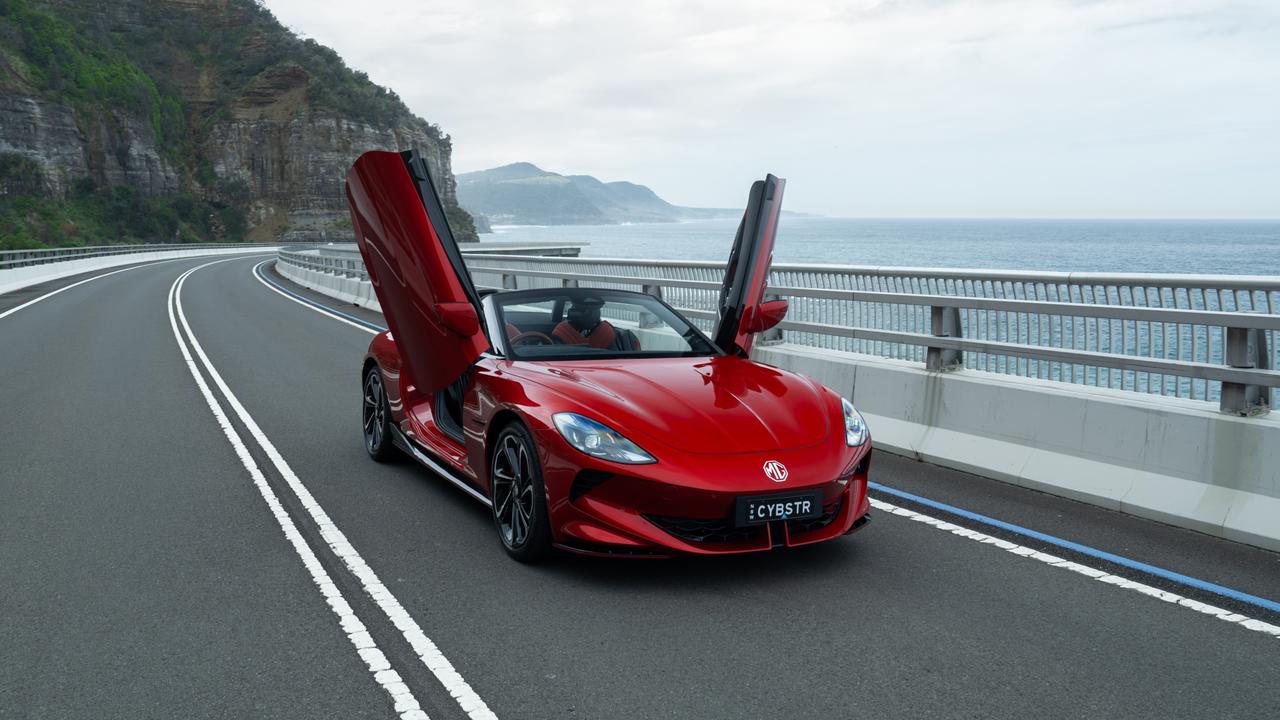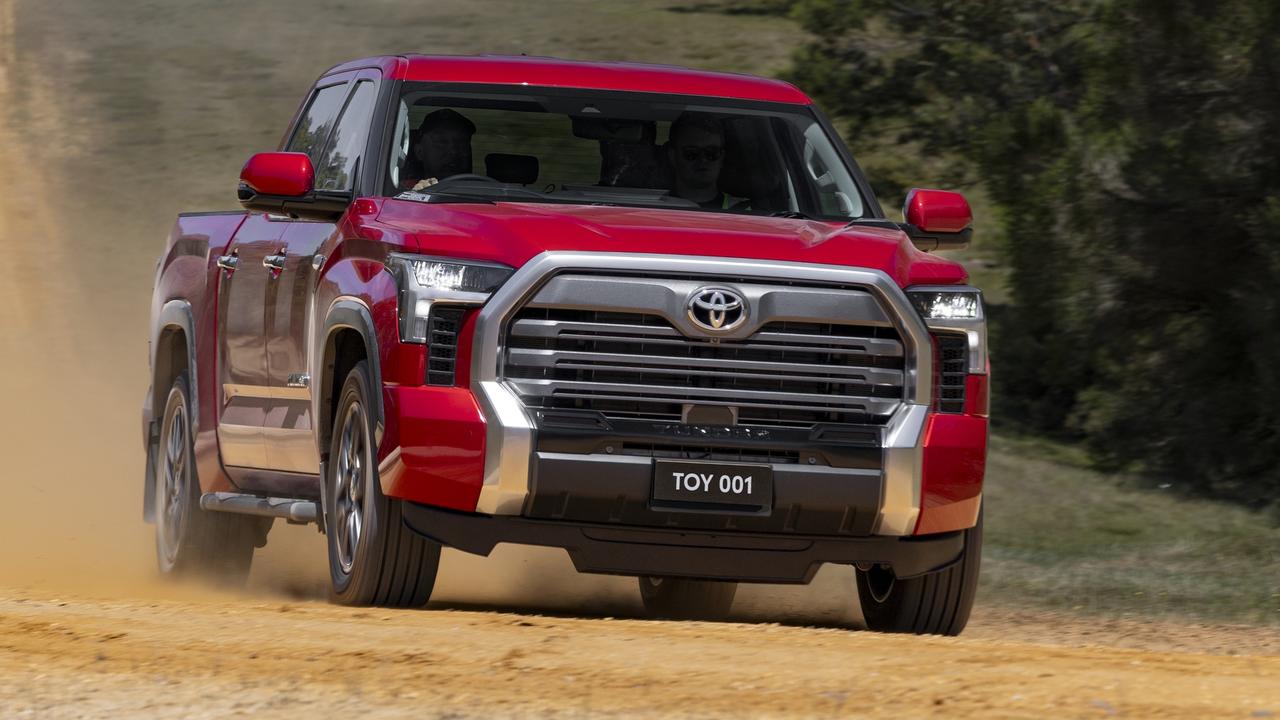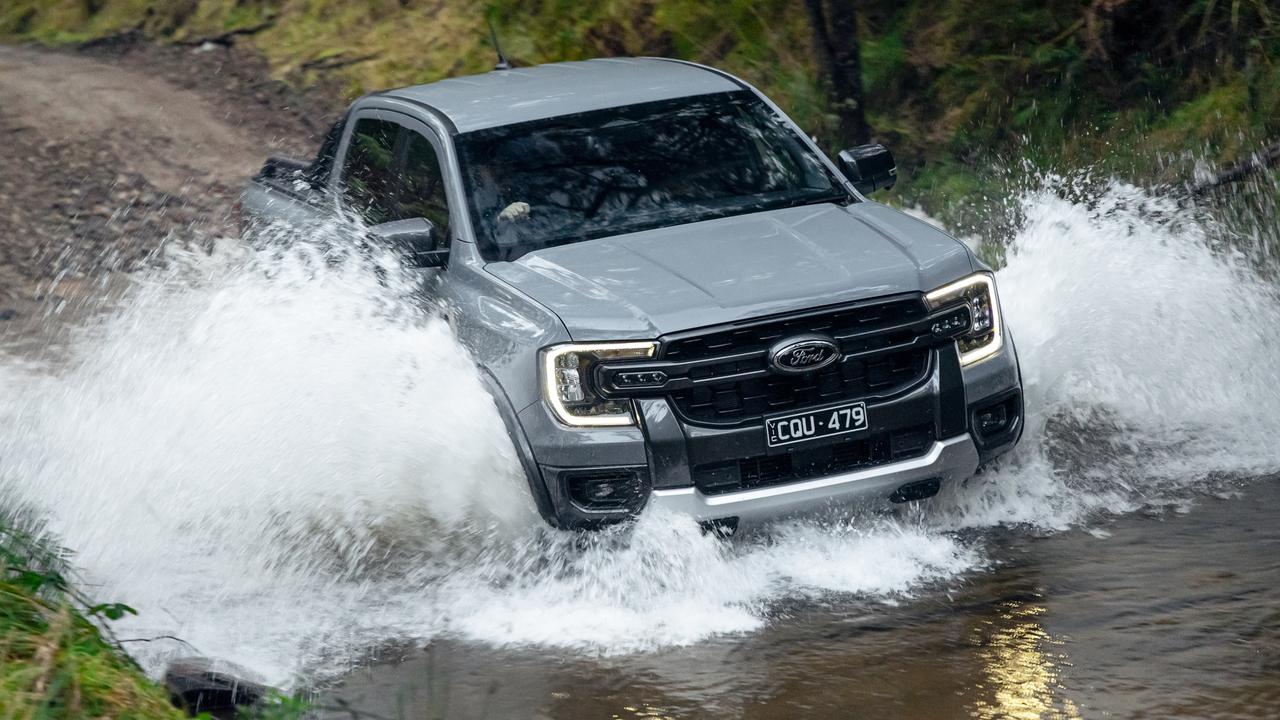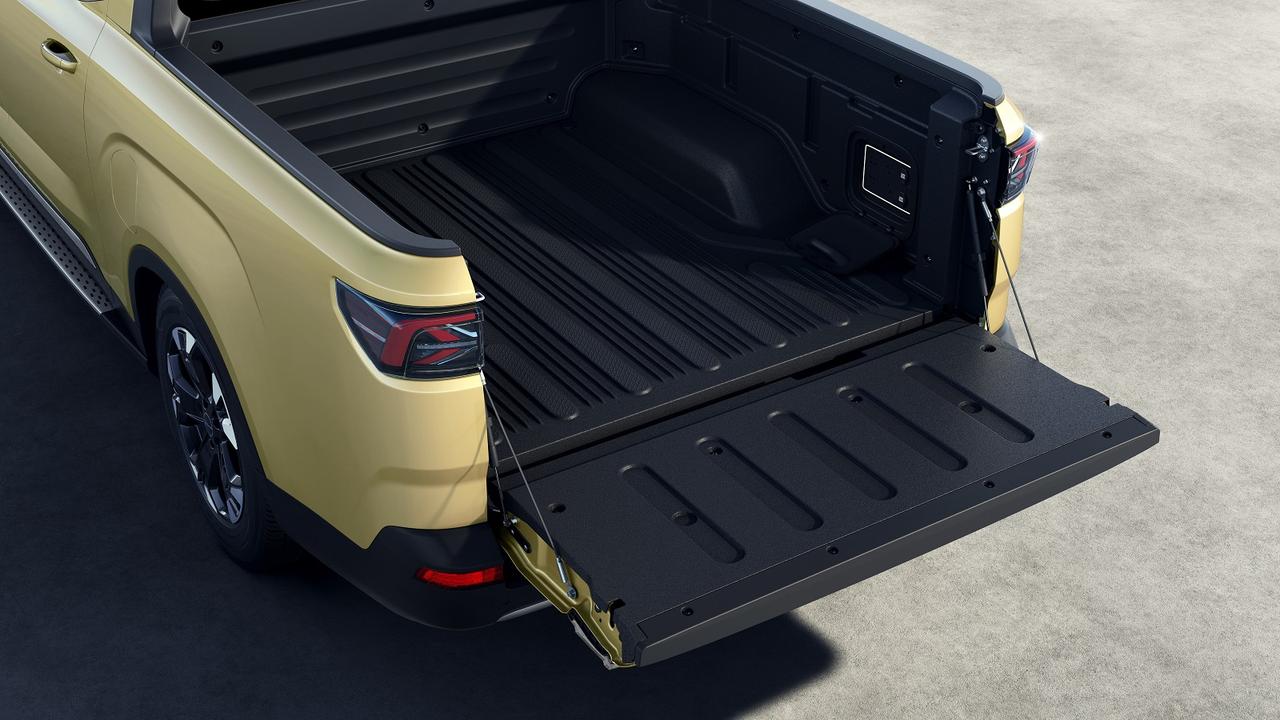”No Chinese company may disobey an order” by the CCP
BYD says it takes customer privacy ‘very seriously’ following US concerns its cars could be accessed remotely.
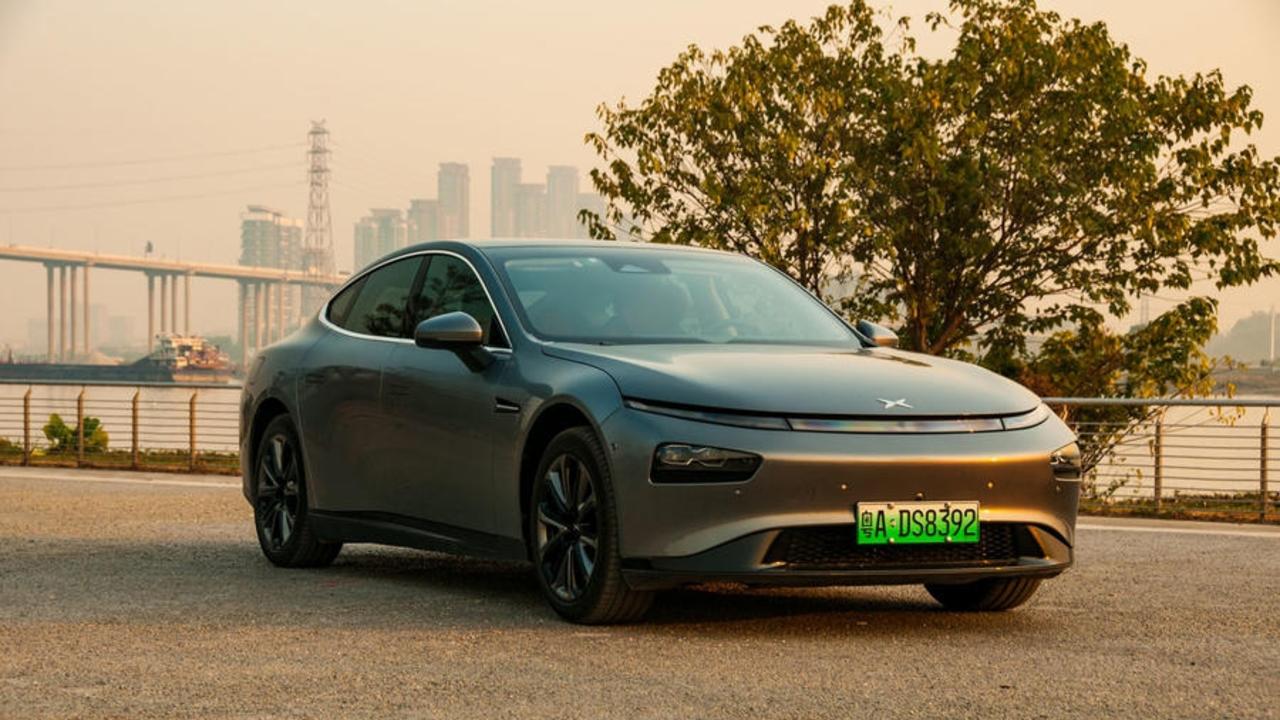
Motoring
Don't miss out on the headlines from Motoring. Followed categories will be added to My News.
The United States has proposed a ban on Chinese software and hardware over espionage and surveillance risks.
Lawyer, commentator and The Coming Collapse of China author Gordon Chang has long been vocal about the dangers of Chinese automotive technology.
“Key Chinese software and hardware in connected cars gives Beijing the ability to surveil roads and to control the vehicles remotely,” Chang said.
“Why should any countries allow Chinese cars, especially ones that can be turned into weapons?”
Modern vehicles manufactured in China are data-collecting machines equipped with software that records everything using a range of sensors, cameras and tracking devices.
That array of technology generates vast amounts of data, from GPS coordinates to engine diagnostics and even driver behaviour and health data.
The data is usually stored on cloud servers located in China.
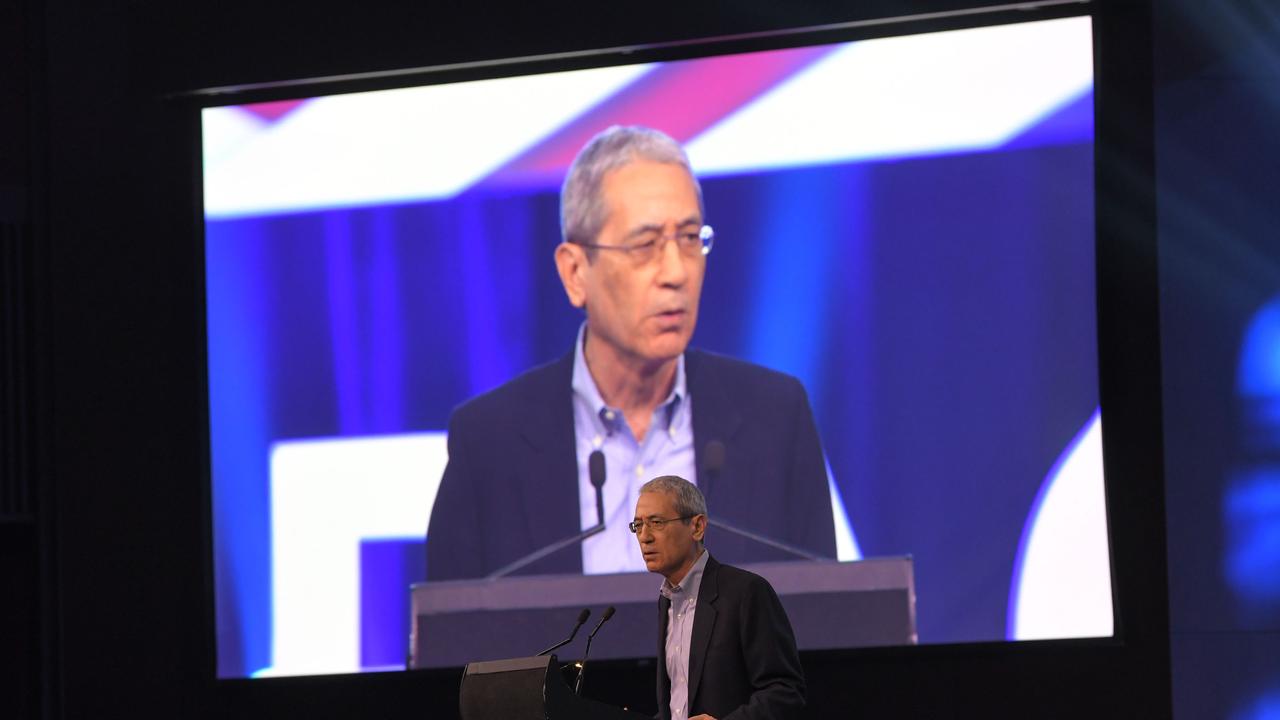
Under China’s National Intelligence Law, Chang explains that Chinese-manufacturers must share data when requested.
“Let’s remember: No Chinese company may disobey an order from the Communist Party,” he said.
“The regime demands complete obedience.”.
Chang strongly believes “every Chinese company is a threat”.
“Moreover, China has codified the obligation for Chinese companies to commit espionage: The 2017 National Intelligence Law requires all Chinese parties to do whatever officials demand when it comes to data collection.
“No country should allow China’s connected vehicles on its streets.”.
Chang’s criticisms come as Chinese automotive giant and one of the world’s largest electric vehicle manufacturers, Build Your Dreams (BYD), hits back at U.S. concerns.
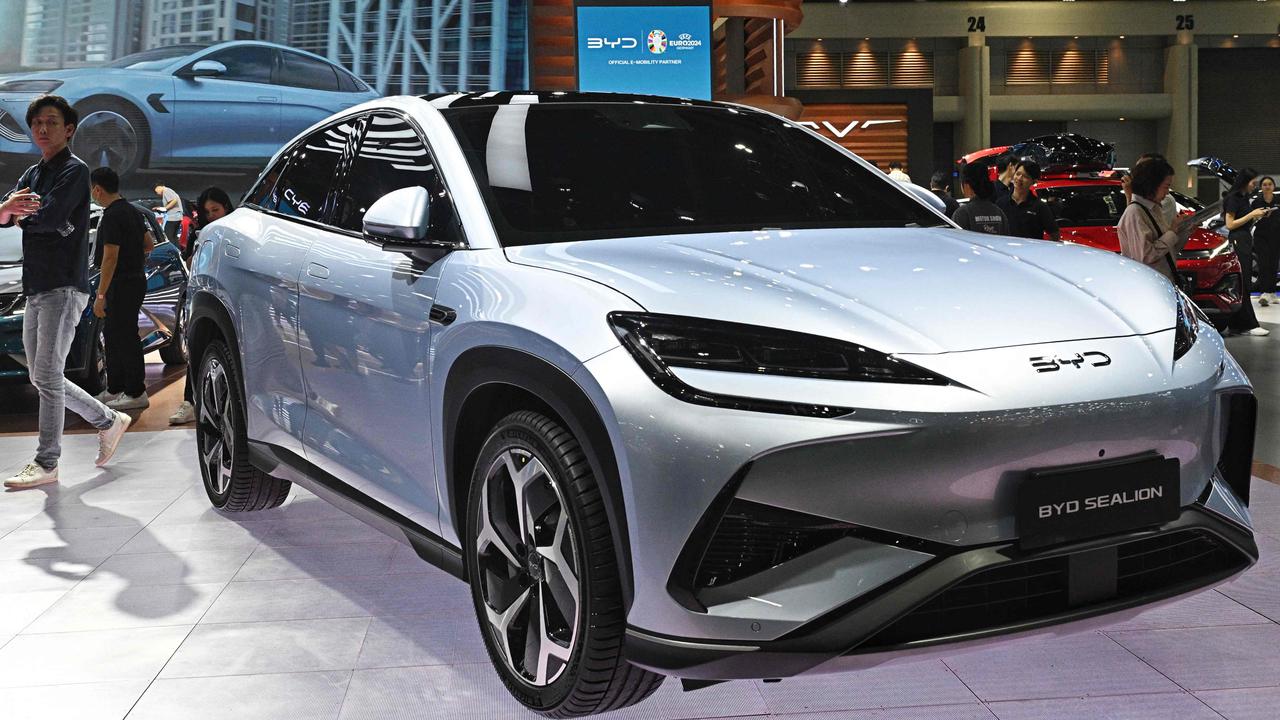
EV Direct CEO David Smitherman recently met with BYD’s Asian Pacific General Manager in China to argue the company adheres to strict data protection protocols.
“At BYD, we take a ‘privacy first’ approach to keeping our customers’ vehicles, their personal data and information secure,” Smitherman said.
“Data protection is something that BYD Australia and EV Direct take very seriously and we continue to remain compliant with Australian data protection laws.”
Smitherman also stated any data relating to Australian drivers was stored securely locally and not transferred to China.
“Data is not collected from Australian BYD owners on how they drive or use their vehicle,” Smitherman said.
“BYD does not transfer any customer data to the China headquarters - as previously emphasised, any data identifying individual owners is stored in Australia.”
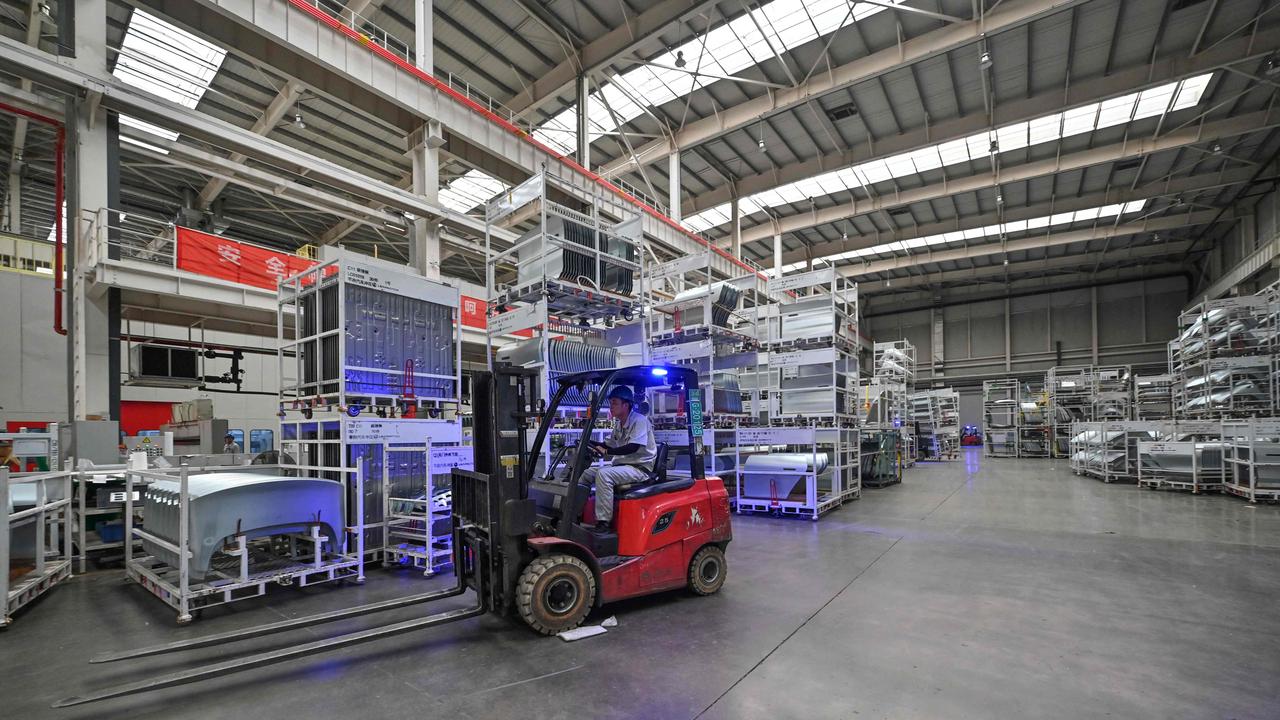
However, BYD does collect diagnostic data that is shared with the manufacturer for warranty and improvement of future technology.
“This diagnostic data sharing complies with relevant legislation and regulations regarding the methods of transfer and anonymisation,” Smitherman said.
“These measures are in place to ensure the highest standards of data protection.”
Smitherman said BYD does not have control over vehicles.
“We want to be really clear about this: BYD does not have the ability to take control of any vehicles sold in Australia, remotely,” he said.
BYD has made significant strides in the Australian market, where its vehicles are gaining popularity.
The company’s growth has positioned the automaker as a leading player in EVs with its plug-in hybrid models like the SEALION 6 becoming a major seller in Australia.
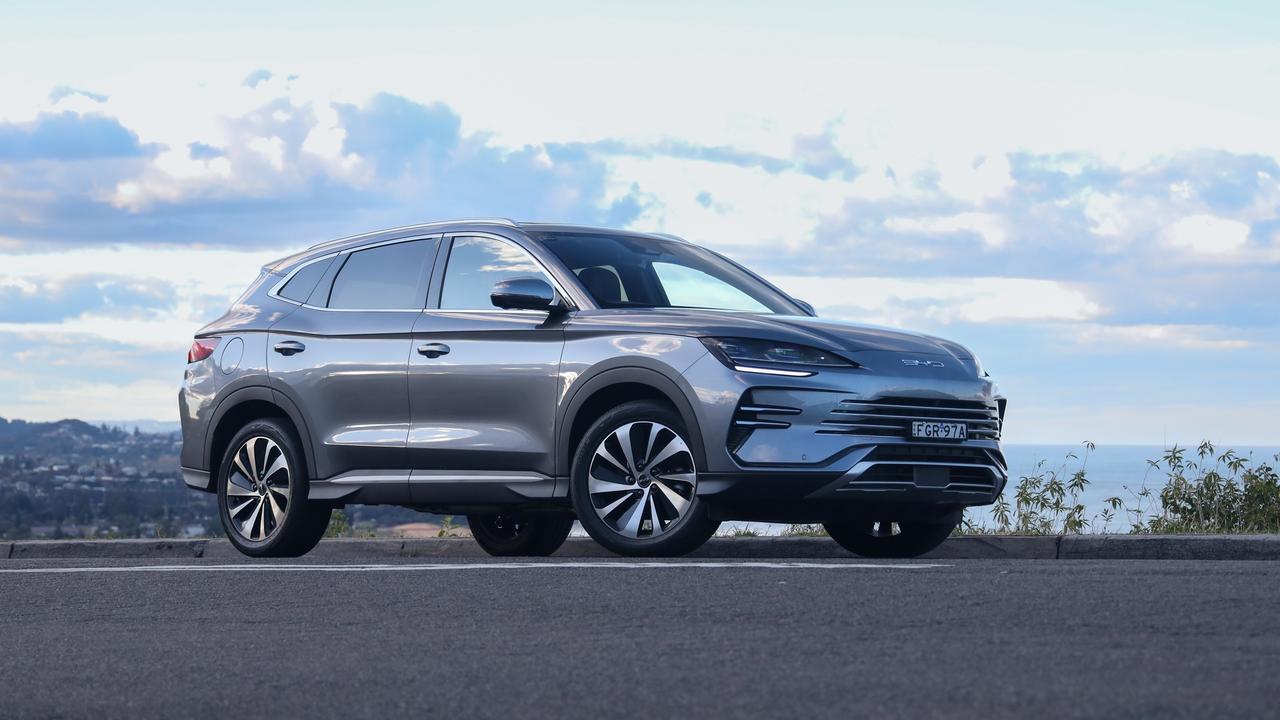
VFACTS data reveals that BYD is one of the fastest-growing automotive brands in the country, with a 67 per cent year-on-year increase.
The Australian Department of Home Affairs has confirmed it is closely monitoring U.S. actions in relation to Chinese-manufactured vehicles and has been engaging with U.S. officials.
“The Department of Home Affairs has been proactively engaging with the U.S. Government to understand the implications of any proposed regulation,” a spokesperson said.
The recent U.S. announcement follows a February 2024 advance notice of proposed rule-making (ANPRM) by the U.S. Department of Commerce concerning the regulation of connected vehicles.
Australia was also briefed on the ANPRM prior to its release and has ramped up its cybersecurity defences.
The 2023-2030 Australian Cyber Security Strategy includes provisions to build resilience against cyber and technological threats.
As part of this strategy, Australia is developing a framework to address vendor-based security risks, including those posed by vehicles manufactured by companies with foreign ownership, control or influence.
Originally published as ”No Chinese company may disobey an order” by the CCP





